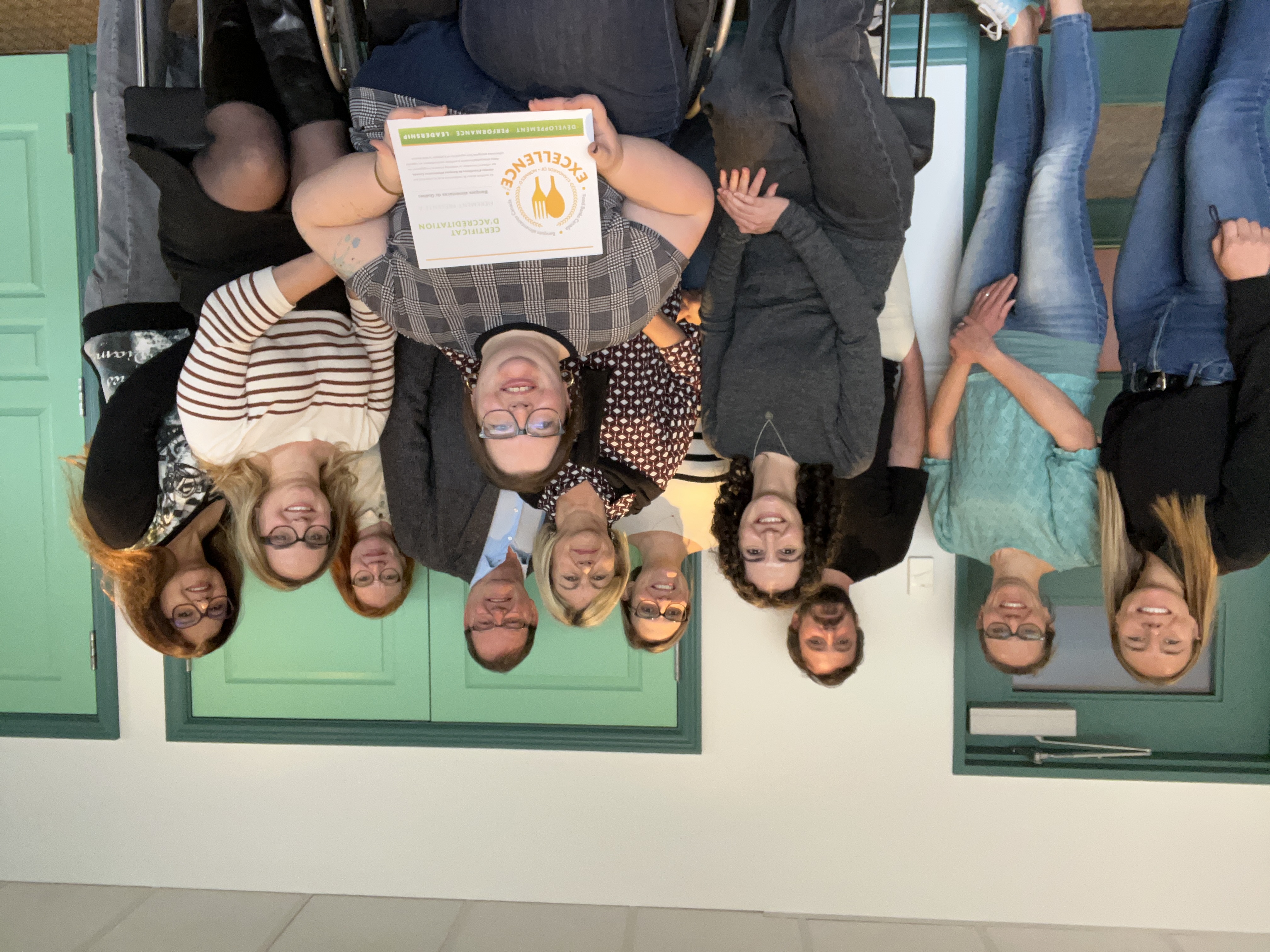If you’ve seen one food bank, you’ve seen … one food bank. Food Banks Canada collaborates with a network of over 5,500 organizations, each of which serves a community with distinct needs and operates in its own way.
A shared set of values and best practices underpins this healthy diversity: every network member upholds Canada’s Ethical Food Banking Code. And now, each one is also working toward accreditation through Food Banks Canada’s Standards of Excellence.
Some food banks have already completed this journey. This month, we’re celebrating the accreditation of Banques alimentaires du Québec.

What made you want to get accredited early?
We knew this was going to be a demanding process and we wanted to show leadership and inspire our members to get accredited quickly.
Describe your approach to getting accredited.
We had someone internally who went through the Standards, identified what we needed to comply with, and indicated what procedures needed to be put in place to comply. After that, the entire team contributed depending on each person’s skillset.
What was the first step in the process?
We hired someone to handle this process, and they read the Standards, made a list of our needs and communicated those needs to the team so we could take the necessary steps toward accreditation.
Which standards were the easiest to meet? Why?
Standards related to good basic management of not-for-profit organizations were the easiest as we were already compliant and had the documentation to support them.
What standards did you find more difficult?
Since we are a provincial association and we do not deal with clients directly, there were sometimes grey areas regarding the application of certain standards, especially in Customer Service category 4.
How did you overcome those difficulties?
We were supported by Karen Alebon at Food Banks Canada. She helped us clarify the context where certain standards apply and how they can apply to our organization.
What surprised you during the process?
We realized that we already complied with most standards, but we did not necessarily have the official policies or processes to justify them, so this was a way to formalize everything.
What advice would you give to other organizations who are interested in accreditation?
We are currently supporting our members in getting accredited. We have set up an online folder to share templates and examples, as sharing materials and resources between food banks is what seems to be most beneficial to our network.
We know that there are few documents available in French, so we encourage French-speaking food banks to contact us if they need a reference. I invite food banks who would like materials in French to contact me at noemierobidoux@banquesalimentaires.org
How has your organization benefited from accreditation?
We knew we had good practices, but this accreditation proves that, not only to ourselves, but also to the network and the public. It’s an additional asset to establishing our credibility.
How does it benefit the food bank network?
We know that food banks work hard every day to respond to a critical need. Unfortunately, those needs are increasing. We have HungerCount data that demonstrates the gravity of the situation and supports our requests for donations and grants, and we now have national standards to prove that our network is professional and organized, that funds and food are used diligently, and that customers are treated with dignity.